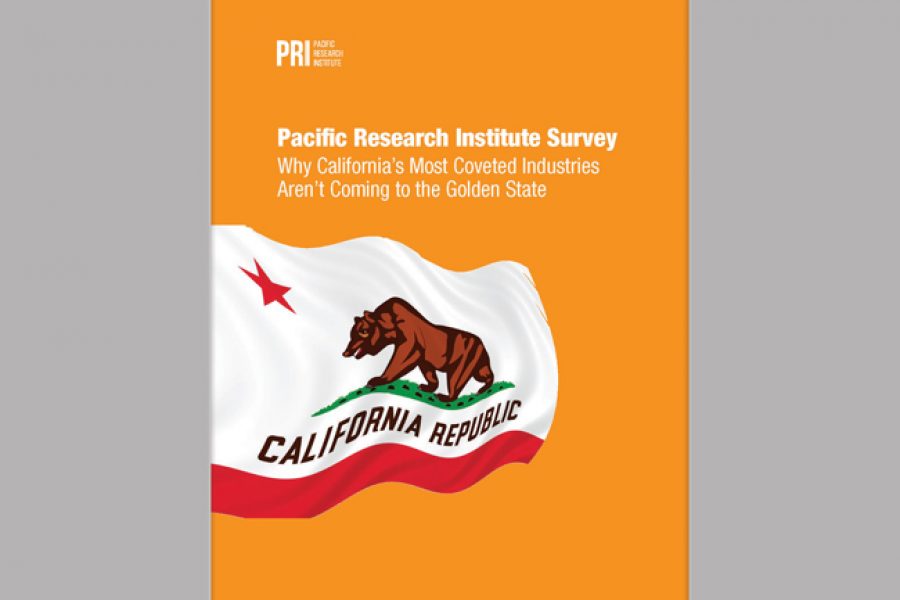By Jeri Clausing
When Amazon, Berkshire Hathaway and JP Morgan announced plans earlier this month to create a new company that will take charge of healthcare delivery to their more than 1 million combined workers, it created a lot of buzz, both because of the high-profile players and the scant details offered.
But it’s not the first time big companies have been banded together in recent years to take proactive action against the dysfunction and high prices in the American healthcare system.
Two years ago, 20 of America’s largest companies — including American Express, Verizon, Caterpillar and Marriott International — formed the not-for-profit Health Transformation Alliance, with the stated goal to “improve the way healthcare benefits will be purchased for employees in an effort to create better healthcare outcomes and to “break with existing marketplace practices that are costly, wasteful and inefficient, all of which have resulted in employees paying higher premiums, copayments and deductibles every year.”
Today, the groups’ membership has doubled in size, and it has become a formidable force in what HTA CEO Rob Andrews calls the tug of war between the “fee for value and the fee for service” models of healthcare.
“We believe that the future of American healthcare largely depends on shifting the payment systems to reward people good outcomes,” said Andrews, a former Democratic congressman from New Jersey.
Sally Pipes, president and CEO of the Pacific Research Institute, a San Francisco-based think tank, says, “There are a lot of disruptions going on in the healthcare space right now.”
Cost control?
One of the biggest problem is that America is a wealthy country and Americans are willing to pay for what they want.
“I think there is a big discussion on value-based, but as I said, we do spend a lot,” she said. And as with HMOs, people will be upset if they think their employers are forcing them into ‘value.’”
“They still want the spending, so they can get the very best,” she says.
HTA’s first big act was a partnership launched last year with CVS Health and OptumRx to change how companies provide prescription drug benefits through prescription plan management companies, known as pharmacy benefit managers, rather than having individual companies contract with these PBMs.
At the heart of that partnership, as well as other initiatives underway, is transparency, which Andrews says has resulted in 15% across-the-board drug savings.
It’s a path-breaking approach for the way companies deliver prescription drug benefits to their workers, he said. In addition, the HTA will work with its PBM partners to create better formularies, which list the prescription drugs commonly agreed to be used by the medical profession and the insurance industry.
Perhaps their strongest weapon, however comes from their IBM Watson-powered database.


